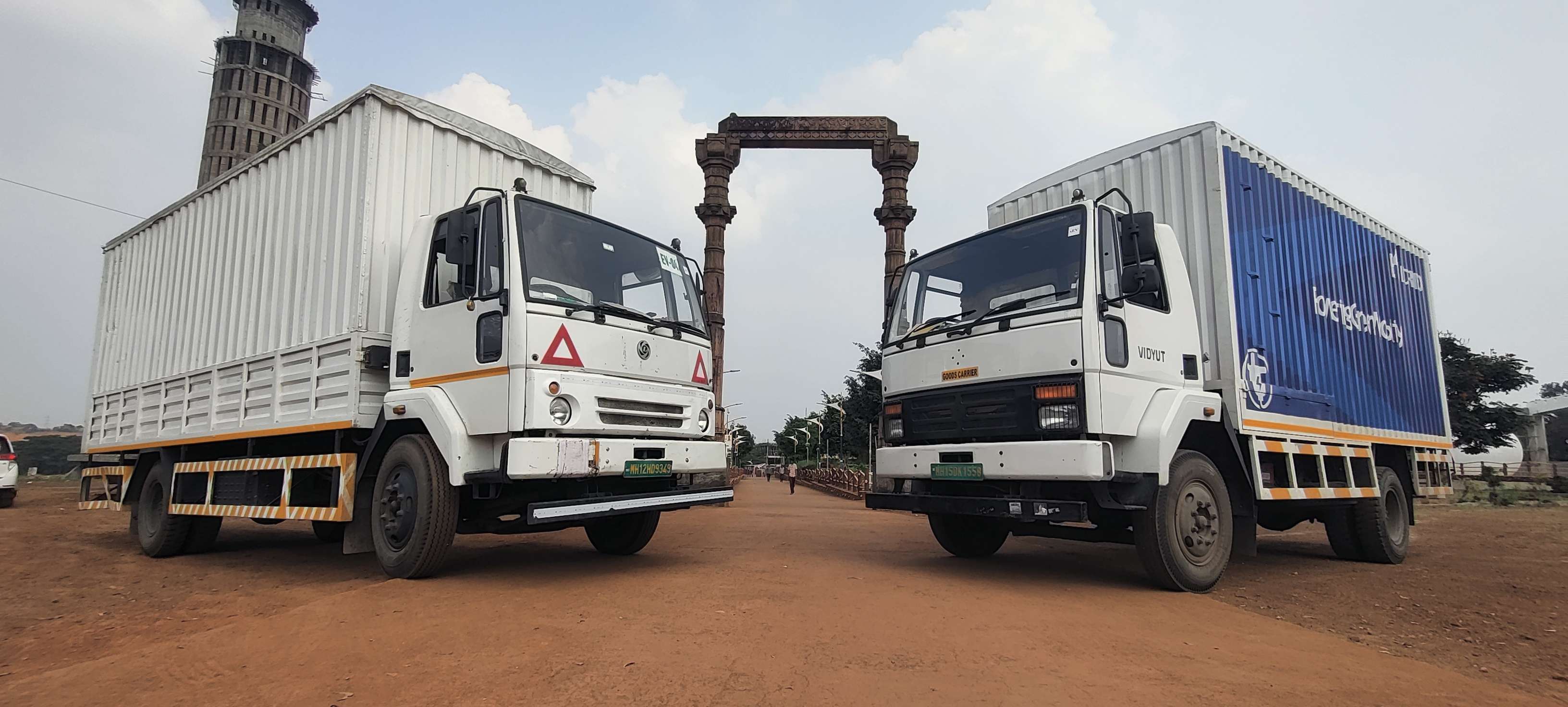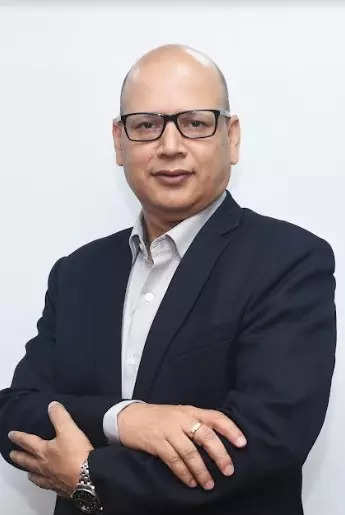
New Delhi: It’s the largest forging company, and the second largest crankshaft supplier in the world. But Bharat Forge knows that it has to tailor a sizeable business to suit the predicted era of electric vehicles (EV). That’s the key mandate for Krishan Kohli, President and CEO of Kalyani Powertrain.
The year 2024-25 is going to be very critical for Kohli and his team. They plan to ramp up the Group’s three business verticals – electric motorcycles (Tork Motors), power electronics, and ICE to EV conversion of commercial vehicles, and to kick off a new traction drives business vertical. All of them have come under the Group inorganically.
The ICE to EV conversion, or the Repowering business at Kalyani Powertrain, is pivotal. The company is targeting to electrify medium and heavy commercial vehicles, to begin with, in the tonnage segments of 7.5 to 16 . The target age group of trucks and buses for conversion “will be five to eight years. If I see the total parc of the target pie that we are looking at, it’s almost like 15lakh to 20 lakh of vehicles which are ready and available to be addressed,” Kohli said.

Kalyani Powertrain is trying to keep the cost of the repowered truck to “well within 2X and closer to 1.5X” of its original cost. “With right supply chain strategies, the volume will support the cost competitiveness,” he said.
The repowering business is a result of Bharat Forge’s first strategic investment of GBP 10 million in Tevva Motors, a British electric powertrain solutions supplier for commercial vehicles, 5 and a half years ago, in preparation for the EV era. The Indian major has a minority stake in the company, but has a Board seat, and access to technology.
According to data and business intelligence platform Statista, the Indian logistics market was around USD 274 billion in 2022, and will grow at a CAGR of 9.4% to reach USD 563 billion in 2030. Around 70% of the freighting in India is done on trucks. And, that’s where Kalyani Powertrain sees a big opportunity. “Within the road freighting of 70%, medium and heavy duty is the largest, upwards of 88%. And, from a (EV) technology maturity standpoint, these are the tougher areas,” Kohli said.
He wants to make it easy with the Kalyani repowering kits. Within the targeted M&HCV segments, the age group is of 5-8 years because “in five years you pay back the first life, and then there is additional life of another 7-10 years”. It is learnt that there are discussions going on whether electric trucks should be allowed to have a registered life of over 15 years. At a later stage, Kalyani Powertrain plans to start repowering old buses too.
New business vertical
In a bid to be a one-stop shop for EV technology solutions, Kalyani Powertrain is preparing to launch traction drive components vertical, offering motors and controllers for medium and heavy duty vehicles. “Primarily we will have 350 volt and 650 volt systems,” Kohli said and added that a new SMT (Surface Mount Technology) plant in Pune is set to start production of high voltage systems for electric commercial vehicles, passenger cars, and SUVs.
Bharat Forge’s 50:50 JV with Prettl, a German power electronics company, helps the Indian company’s transition to a new-age industry player. This was the Pune-based company’s second key investment in preparation for the EV era. It also set up a JV called Electroforge, with an American company Harbinger Motors, for commercial vehicle electric drive solutions.
Tork Motors is the only entity under Kalyani Powertrain which also plays as an OEM. This business suffered a jolt when the government announced a reduction of incentives for EVs in June last year, and is currently ramping up production, and market presence.
More to be done
Kohli hopes that trucks also will be included in the FAME II scheme, which is expected to be renewed after its expiry in March 2024. What he also hopes for is more efforts to really localise the whole supply chain around batteries. “If you see, the main cost is sitting in cells, and many people, while they are claiming fundamental research on cells and localisation, we still have more work to do,” Kohli said.
At Kalyani Powertrain too, a “strategic discussion” is going on regarding the next phase of developing its technology prowess, including in the energy pack space. As for pushing the envelope in technology, a team of over 200 engineers in its tech centre has that mandate.
After the four inorganic moves to build the new-age business, there may be more by Kalyani Powertrain. ”Definitely the journey doesn’t stop there. We are still looking for any good partnerships, which will further enhance our play into the EV markets in future.” The strategy being pursued is, to develop homegrown technology, “which is very, very key, but also doing technology partnerships with global players, but with a very clear vision that we will then eventually localise that technology to meet the market requirements on competitiveness.”
With the current level of offerings and competitiveness, the youngest Kalyani Group company is expecting to clock a turnover of over INR 100 crore in the current financial year, and build on that in the subsequent years. Will the growth curve be similar to the EV markets? Keep watching this space.

















